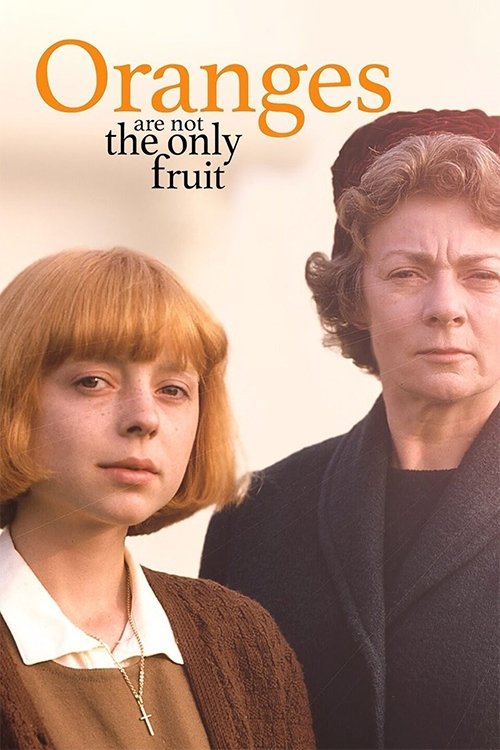Can you imagine the courage it takes to defy societal norms and embrace your true self? Oranges Are Not the Only Fruit, authored by Jeanette Winterson, is not merely a narrative but an exploration of identity, love, and rebellion. Set against the backdrop of a fervently religious upbringing, this semi-autobiographical novel chronicles the protagonist's journey as she questions her faith, family, and ultimately, her sexuality. The story resonates deeply with readers who have grappled with similar conflicts, offering both solace and inspiration.
Jeanette Winterson’s debut novel, published in 1985, marked a turning point in literature, particularly within the realm of LGBTQ+ narratives. Born on 27 August 1959, Winterson grew up in Accrington, Lancashire, adopted into a Pentecostal household where religion dictated every aspect of life. Her adoptive mother, particularly devout, instilled in young Jeanette an intense passion for scripture. Yet, beneath this veneer of religious fervour lay a burgeoning curiosity about the world beyond their small community. As the protagonist of the novel reflects, Like most people I lived for a long time with my mother and father. My father liked to watch the wrestling, my mother liked to wrestle; it didn't matter what. This poignant observation encapsulates the tension between tradition and individuality that permeates the book.
| Personal Information | Details |
|---|---|
| Name | Jeanette Winterson |
| Date of Birth | 27 August 1959 |
| Place of Birth | Accrington, Lancashire, England |
| Occupation | Author, Novelist |
| Notable Works | Oranges Are Not the Only Fruit |
| Awards | Whitbread Award for Best First Novel (1985) |
| Honours | OBE (Order of the British Empire) |
The novel follows the life of its eponymous character, Jeanette, whose early years are steeped in religious devotion. Adopted by a zealous mother determined to raise her as one of God's elect, Jeanette immerses herself in biblical teachings. However, as adolescence approaches, cracks begin to appear in her unwavering belief system. At sixteen, she experiences a profound awakening when she falls in love with another woman—a relationship deemed unacceptable by her church and family. Faced with ostracism, Jeanette must decide whether to conform or forge her own path. Her decision to leave behind everything familiar symbolises the universal struggle for authenticity and acceptance.
Winterson employs vivid imagery and humour to tackle heavy themes such as homophobia, patriarchy, and institutionalised prejudice. One memorable anecdote references Nell Gwynn, Charles II's mistress, who was famously associated with orange-selling. By weaving historical allusions into her narrative, Winterson underscores the importance of context in shaping our understanding of truth. Moreover, her use of biblical motifs adds layers of meaning to the text, inviting readers to reconsider sacred texts through a contemporary lens.
In celebrating its 40th anniversary, Oranges Are Not the Only Fruit continues to resonate with audiences worldwide. Its relevance persists due to its timeless exploration of identity formation amidst societal constraints. For many, the novel serves as a beacon of hope during challenging times. As Winterson herself has remarked, “I expected a lot of things when I started the novel… but I didn’t think it would feel culturally relevant in 2023.” Indeed, its message remains as potent today as it was decades ago.
Beyond its thematic depth, the novel stands out for its innovative structure. Each chapter corresponds to a stage in Jeanette's spiritual and emotional development, paralleling traditional biblical stories. This framework allows Winterson to subvert conventional narratives while reinforcing the universality of human experiences. Critics have praised her ability to blend personal memoir with fictional elements seamlessly, creating a work that feels both intimate and expansive.
For those unfamiliar with the term coming-of-age, it refers to the transition from childhood to adulthood, often marked by significant milestones or challenges. In Jeanette's case, her sexual awakening becomes the catalyst for this transformation. Her journey mirrors countless others who have navigated similar terrains of self-discovery. Through her characters' struggles, Winterson highlights the resilience required to confront adversity head-on.
Ultimately, Oranges Are Not the Only Fruit transcends categorisation as simply a lesbian coming-of-age story. It is a testament to the power of storytelling as a tool for empowerment and connection. Readers across generations find solace in its pages, recognising fragments of their own lives reflected therein. Whether grappling with questions of faith, love, or belonging, Winterson's words provide clarity and comfort alike.
As we reflect on the impact of this seminal work, it becomes clear why Jeanette Winterson occupies such a revered position within literary circles. Her contributions extend far beyond mere entertainment; they challenge us to rethink established paradigms and embrace diversity in all its forms. With each new reader discovering her novels, the legacy of Oranges Are Not the Only Fruit grows stronger, ensuring its place among the pantheon of great works of fiction.



